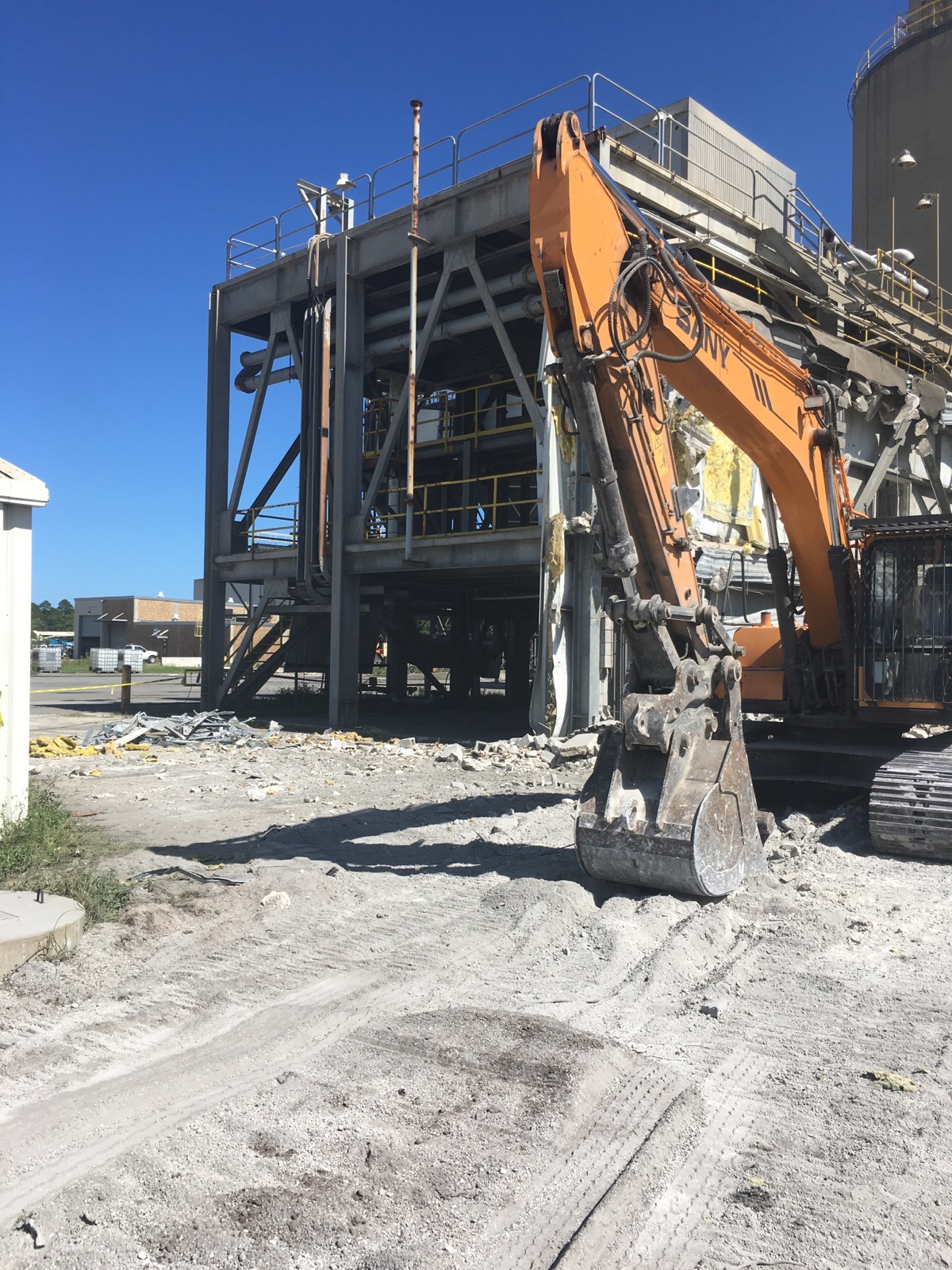
Environmental Benefits of Recycling
Recycling by demo recycling companies plays a crucial role in promoting environmental
sustainability. Through efficient recycling practices, these companies substantially
reduce the environmental impact of construction and demolition activities.
Key Environmental Benefits
- Reduction of Landfill Waste: Recycling diverts a significant amount
of waste from landfills, leading to reduced land degradation and groundwater pollution.
- Conservation of Resources: By recycling and reusing materials,
there's less need to extract and process new raw materials. This results in the
preservation of natural habitats and reduced ecological disruption.
- Energy Savings: Recycling processes often consume less energy compared
to the extraction and manufacturing of new products. This leads to a decrease in
greenhouse gas emissions and reliance on fossil fuels.
- Reduction in Emissions: Recycling reduces the need for extraction,
refining, and transportation of raw materials—all of which contribute to significant
CO2 and other greenhouse gas emissions.
- Water Conservation: Recycling helps in reducing the water required
in the production of new materials, leading to significant water savings.
- Promotion of Green Technologies: The recycling industry often spurs
innovation in green technologies and processes, which further minimizes environmental
impacts.
The Broader Impact
By emphasizing recycling, demo recycling companies not only contribute to direct
environmental benefits but also foster a culture of sustainability within the construction
industry. This has a ripple effect, encouraging other sectors to adopt sustainable
practices and prioritize eco-friendly initiatives.
In conclusion, the role of demo recycling companies extends beyond just recycling
materials. They are pivotal in driving sustainable change, reducing the environmental
footprint of the construction industry, and setting a precedent for other industries
to follow.